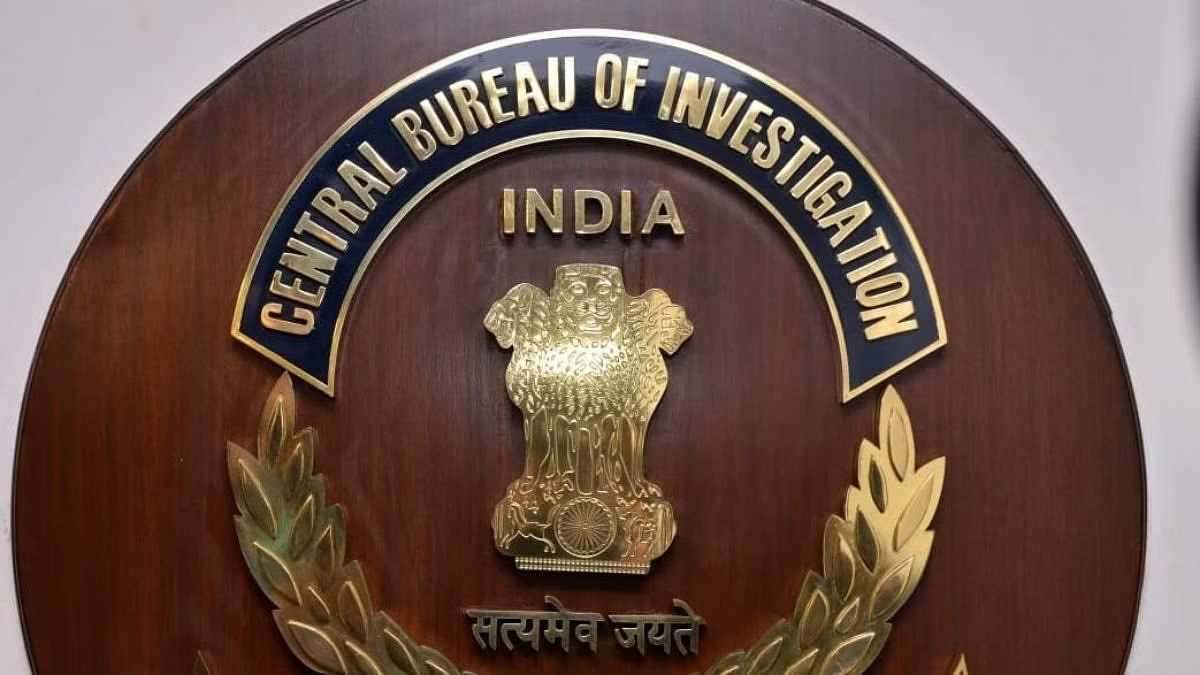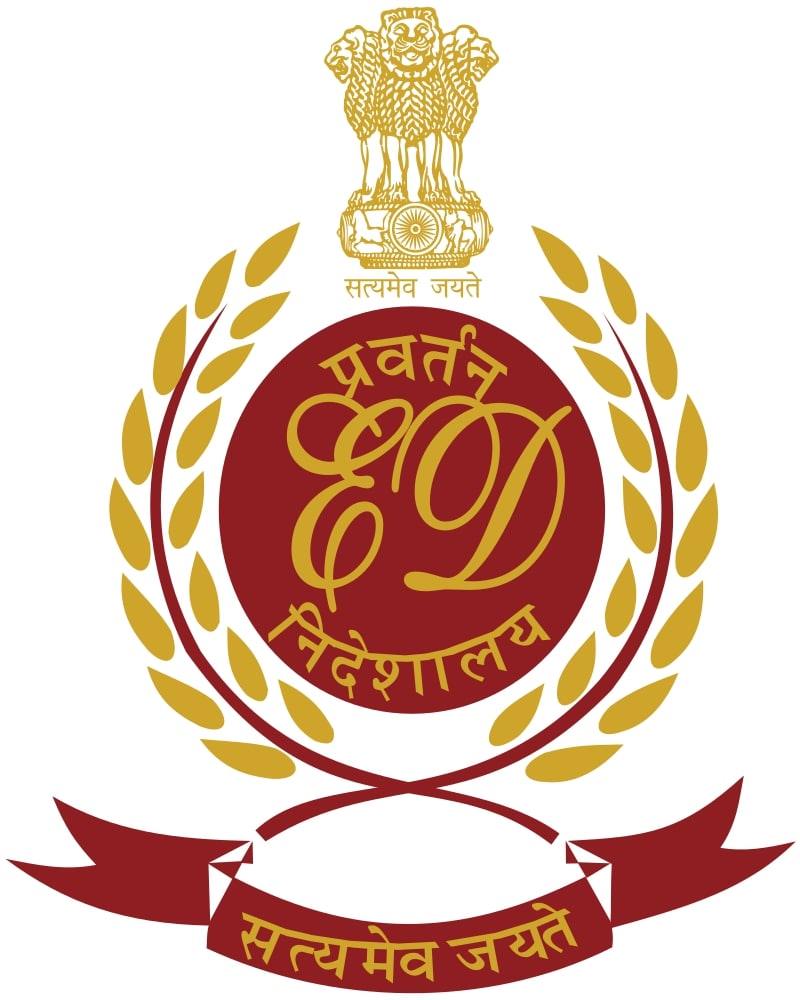7 Crore+ Customers

Affordable Premium


List of Law Enforcement Agencies in India
In India, law enforcement agencies are critical in supporting the rule of law and maintaining peace and order. These agencies are responsible for preventing and investigating crimes, apprehending offenders, and defending citizens' rights.
This article dives into the various responsibilities, functions, and issues that these law enforcement agencies encounter, emphasising their critical contributions to India's societal well-being.
What are Law Enforcement Agencies?
The Indian government has established many law enforcement agencies to uphold the rule of law, sustain tranquillity, and safeguard the welfare of its residents. There are several law enforcement, investigative, and intelligence agencies, including the Narcotics Control Bureau, the Enforcement Directorate, and the Central Bureau of Investigation.
These departments are essential to maintaining order within the country's borders, detecting and apprehending criminals, and protecting citizens.
What is the Importance of Law Enforcement Agencies in India?
The importance of law enforcement agencies in India cannot be emphasised enough as they establish a sense of security in society by aggressively preventing and detecting crimes. Law enforcement officers respond quickly to situations, protecting citizens from potential threats.
Their commitment to upholding the law and supporting the legal system creates public trust and social cohesion. In essence, the effectiveness of these agencies is critical to preserving the nation's unity, integrity, and overall well-being.
What are the Roles and Responsibilities of Law Enforcement Agencies?
In India, law enforcement agencies are critical in preserving law and order, guaranteeing public safety, and supporting the rule of law. Their roles and responsibilities are demonstrated by the following:
1. Keeping Peace and Order
In India, law enforcement agencies are critical in maintaining law and order and guaranteeing the country's peace and stability.
2. Preventing and Detecting Crime
These organisations actively prevent and identify criminal activity, discouraging potential offenders and making society safer.
3. Keeping the Public Safe
Citizens' safety and security are ensured by law enforcement, which responds quickly to situations and protects them from dangers.
4. Upholding the Rule of Law
They conduct unbiased investigations into crimes, providing justice for victims and due process for suspects and thereby safeguarding the foundations of a fair legal system.
5. Enhancing Public Trust
Effective law enforcement promotes social cohesion and a sense of security among citizens.
List of Law Enforcement Agencies in India
The list of Law Enforcement Agencies in India along with their key pointers are given as below:
1. CBI (Central Bureau Of Investigation)

The Central Bureau of Investigation (CBI) is India's top investigative organisation, known for handling high-profile cases nationwide. It functions autonomously within the Ministry of Personnel, Public Grievances, and Pensions, reporting directly to the Prime Minister.
Key Pointers:
- Founded in 1941 as the Special Police Establishment, the CBI initially investigated corruption and bribery charges in India's War and Supply Department during World War II.
- D. P. Kohli, the agency's first director, laid the groundwork.
- The CBI conducts complicated and sensitive investigations from its headquarters in New Delhi's CGO complex, near Jawaharlal Nehru Stadium.
- The Anti-Corruption Division is well-known for effectively prosecuting instances involving high-ranking officials such as Chief Ministers and Ministers.
- Despite its triumphs, the CBI has been chastised for undue political influence, earning the Supreme Court of India the infamous "caged parrot" label.
2. Directorate of Enforcement - Economic Intelligence Agency

The Directorate of Enforcement (ED) is an important economic intelligence agency in India that is in charge of combating economic crime and implementing economic regulations. It is run by the Government of India's Department of Revenue, Ministry of Finance.
Key Pointers:
- The major goal of the ED is to prevent and investigate financial crimes such as money laundering, currency irregularities, and economic fraud.
- It is headquartered in New Delhi and has five regional offices, each managed by a Special Director of Enforcement, in Mumbai, Chennai, Chandigarh, Kolkata, and Delhi.
- The Directorate also has other zonal offices throughout the country, including Bangalore, Ahmedabad, Hyderabad, and Lucknow, which Joint Directors oversee.
- The organisation is led by the Director of Enforcement, and the current Director-General is Sh. Rakesh Asthana.
- For thorough investigations, ED works with various intelligence and law enforcement agencies such as Customs, Central Excise/GST, State Police Departments, CBI, and CEIB.
3. Narcotics Control Bureau - Anti-Drug Trafficking

The Narcotics Control Bureau (NCB) is India's principal federal law enforcement organisation, founded in 1986 under the Narcotic Drugs and Psychotropic Substances (NDPS) Act to combat drug trafficking and the illicit use or misuse of narcotics and psychotropic substances.
Key Pointers:
- The major purpose of the NCB is to prevent and combat drug abuse and illicit drug trafficking throughout the country.
- The Ministry of Home Affairs runs it and plays an important role in preserving public health and safety by combating drug-related criminality.
- The NCB's Director-General is either an IPS or an IRS officer.
- Customs, Central Excise/GST, State Police Departments, the Central Bureau of Investigation (CBI), the Central Economic Intelligence Bureau (CEIB), and other law enforcement agencies work closely with the agency.
- NCB has a network of zonal and sub-zonal offices strategically situated around the country to successfully manage drug-related matters.
4. State Police Units

State police forces are critical components of India's law enforcement apparatus, responsible for preserving peace and order, preventing and investigating crimes, and ensuring residents' safety inside their respective states.
Key Pointers:
- To efficiently address unique difficulties, state police forces are organised into diverse groups such as crime branches, special task forces, traffic police, and anti-terror squads.
- These units undertake various tasks, from day-to-day law and order problems to complicated criminal investigations.
- State police units prioritise proactive crime prevention and peacekeeping methods like regular patrolling, community policing, and public awareness programs.
- They undertake in-depth investigations into a variety of crimes, gathering evidence and pursuing perpetrators to bring them to justice.
- For cross-border and inter-state crime investigations, state police forces frequently interact with central agencies such as the CBI and police units from other states.
Thus, law enforcement agencies in India play an important role in preserving law and order, combating crime, and protecting the nation's security. They collaborate with agencies such as the Central Bureau of Investigation (CBI), Enforcement Directorate (ED), Narcotics Control Bureau (NCB), and State Police Units to combat various sorts of criminal activity.












